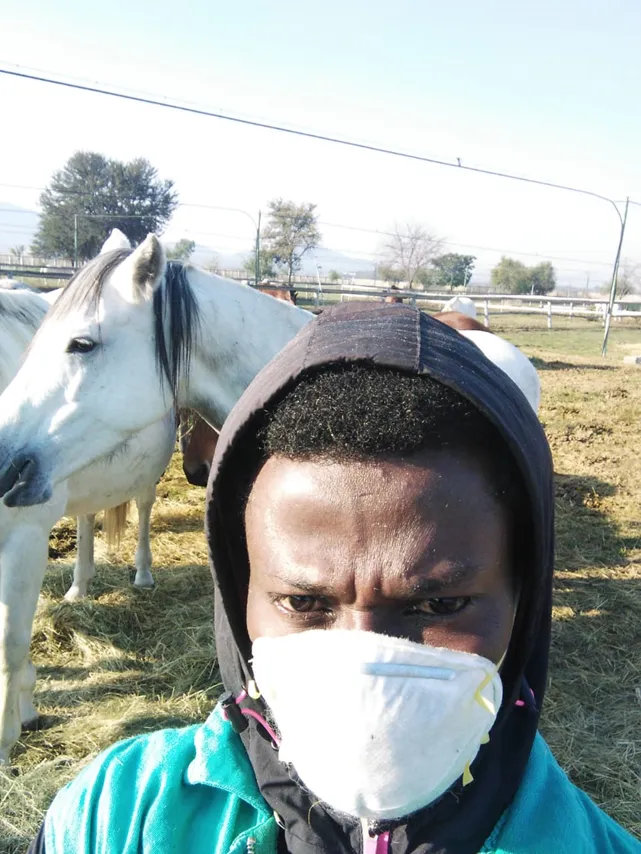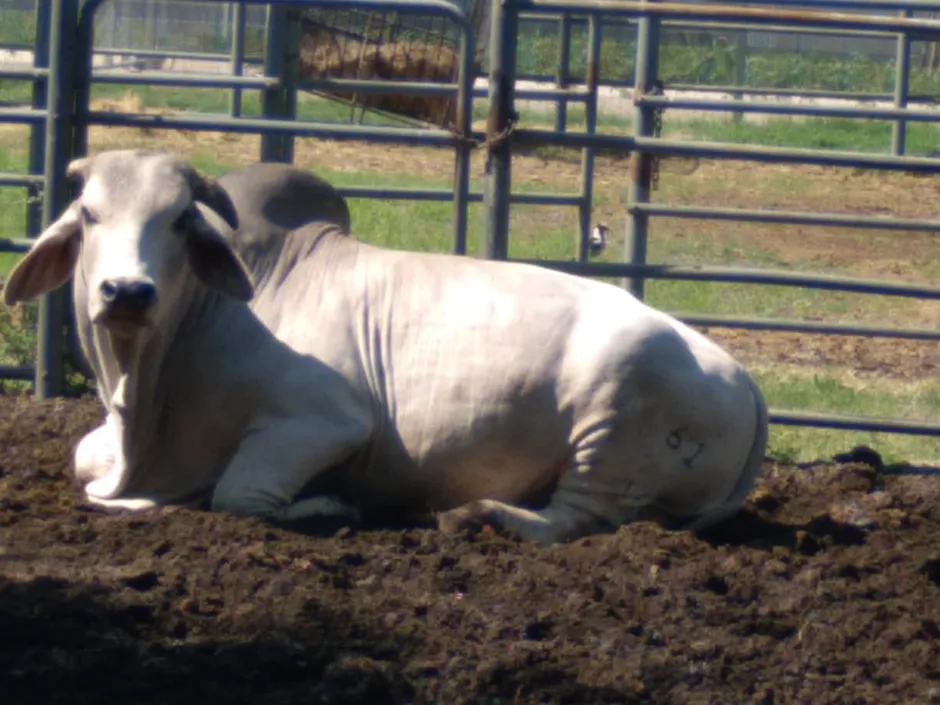It is a pleasure to be back here after a very long break from this platform. My name is Rasheed Adeyemo a PhD candidate of Phytomedicine unit, Department of Paraclinical Sciences, University of Pretoria, South Africa.
President Cyril Ramaphosa announced that starting from March 26, 2020, South Africa will go on level 5 lockdown (total lockdown) for twenty-one days in an attempt to curtail the widespread Covid-19 pandemic ravaging the globe. As a result, many employees were not allowed to work when they did not fall under essential service providers.
Faculty of Veterinary Science of the prestigious University of Pretoria (Onderstepoort campus), the only veterinary school in the country, faced severe challenges. Some workers of the faculty were classified as essential service providers, while others were placed on routine shifts. The latter was the case of workers in charge of feeding and cleaning animal pens.
The aforementioned challenge caused a massive setback in the upkeep of research animals, especially the equine, bovine and ruminant sections of the Onderstepoort veterinary animal unit, hence the need for postgraduate students as ad-hoc volunteers who resides in school premises such as the university residence and guest houses of Agricultural research council (ARC) just across the road.
The faculty released a save our soul message across to all postgraduate students living around the campus to volunteer and assist in taking care of animals, especially the horses. It was almost impossible to get South African nationals to take part in this voluntary work as all indigenous students travelled back to their homes and villages. About five students, all of foreign nationals, signified interest in this call to service. Dr Charles a postdoc student of the Department of Veterinary Tropical Disease (DVTD) from Uganda, Dr Johnbosco PhD candidate of DVTD from Rwanda, Dr Hasan, PhD candidate of toxicology units, department of Paraclinical Sciences, Dr Ochei PhD student of DVTD and my humble self, PhD candidate of Phytomedicine unit of Department of Paraclinical Sciences all from Nigeria participated actively in the exercise throughout the lockdown.
This singular event changed my perspective and spurred my interest in animal keeping. Horses rejoice when they see us with the tractor carrying their hay. The euphoria and excitement on their faces and by their characters speak volumes. They became so friendly, and the feeling was mutual. We torch them freely, and they relate well with us. It is worthy to note that while with them, one must avoid standing directly behind them to avoid getting kicked.

My brief time in the bovine section was memorable, even though the code of conduct is slightly different from equine. In the cattle section, you can stand directly behind the cattle but not beside the hind leg as their kick is sideways, contrary to that of the horse.

Apart from the mentioned activities, I challenged myself against the harsh condition of winter, having to trek a distance very early in the morning through the main gate and not through the usual turn-style screening gate. I became more rigid and firm because one must not be loose at the back of a moving tractor, especially when navigating corners and muddy areas.
Lastly, I cannot forget the terrible day one of us fell off the tractor as it was navigating a very sharp corner with nothing concrete to hold. He sustained various injuries thanks to prompt medical attention given to our dear Dr Johnbosco, who is back in his home country lecturing at the University of Rwanda.